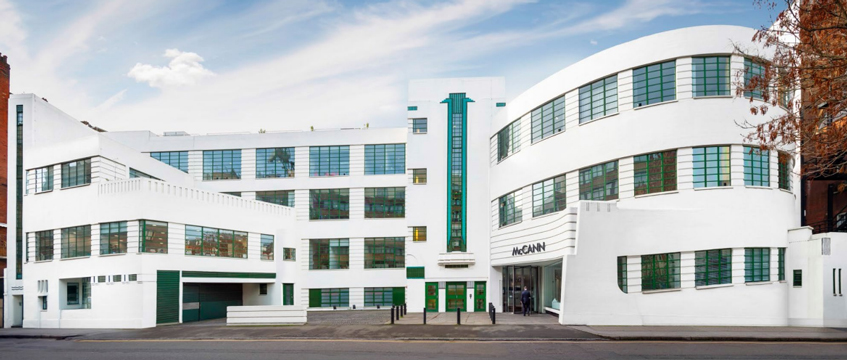Life Science REIT is lining up what its management team calls “major conversion opportunities” in its growing portfolio as the company looks to address a “chronic undersupply” of lab space.
During the listed company’s first six months in operation, it has built a portfolio valued at £413.4m, according to interim results to 30 June. That figure includes a revaluation gain of £5.8m, helping the business to deliver pretax profit of £6.9m on revenue of £6.3m.

Simon Farnsworth, managing director of the firm’s investment adviser, Ironstone Asset Management, told EG that the REIT is now ready for the next phase of growth. The company has allocated capital expenditure for office-to-lab conversions in its portfolio, with some capex left for further acquisitions “in and around” existing sites.
Farnsworth said: “We have an eye on what is going on in the market at the moment in terms of new acquisitions but we are sticking to our disciplined approach, which is the Golden Triangle, and buying [assets] that have all the key characteristics that fit our business model and provide the right type of space for licensed occupiers.”
Work is underway at Rolling Stock Yard in King’s Cross, N7, on the full lab fit out of the first and second floors of the 57,600 sq ft office building. Life Science REIT is already in talks with potential occupiers, targeting a rent of £110 per sq ft, and expects to let both floors before the redevelopment completes in the first quarter of 2023.
Also picking up steam is a transformation of McCann-Erickson House at 7-11 Herbrand Street, WC1, which is fully let until 2026 to fintech company Thought Machine. Life Science REIT is set to undertake a full lab conversion on the 65,000 sq ft building once it gets it back.
At Cambourne Business Park in Cambridge, the company plans to repurpose about 40,000 sq ft, deals for about 35% of which are expected to be signed shortly.
“There is a chronic undersupply on the market,” Farnsworth said. “It is so hard to get land for commercial use both in Cambridge and Oxford as the cities have massive housing supply issues. But we don’t need consent to change offices into labs so we can [position] labs in the existing office buildings very quickly.”
According to the most recent research from Carter Jonas, investment in lab and office space in Oxford is on track to break last year’s £330m record as volumes have reached £315m so far in 2022.
The surge this year was driven by Life Science REIT’s acquisition of Oxford Technology Park for £183m in May. The deal included the park and a £62.7m forward funding component to complete the park’s build-out.
Life Science REIT today confirmed a new leasing deal with Williams Advanced Engineering, which took 56,500 sq ft of space at the park. The initial rent is “significantly ahead of plan”, Farnsworth said, at £18.5 per sq ft, which rises to £20 per sq ft after 18 months.
The company said some vacant space remains at the park, where it is looking to offer “next phase space” for university spinouts leaving incubators. Typically, these are the companies with 10 to 20 employees, starting to build their brand identity.
“They want their own front door, their own space,” said Farnsworth. “We are quite focused on providing that spectrum of the market.
“We are planning to build out as quickly as we possibly can because we are getting multiple enquiries on buildings that we haven’t even started work on yet.”
To send feedback, e-mail evelina.grecenko@eg.co.uk or tweet @Gre_Eve or @EGPropertyNews











